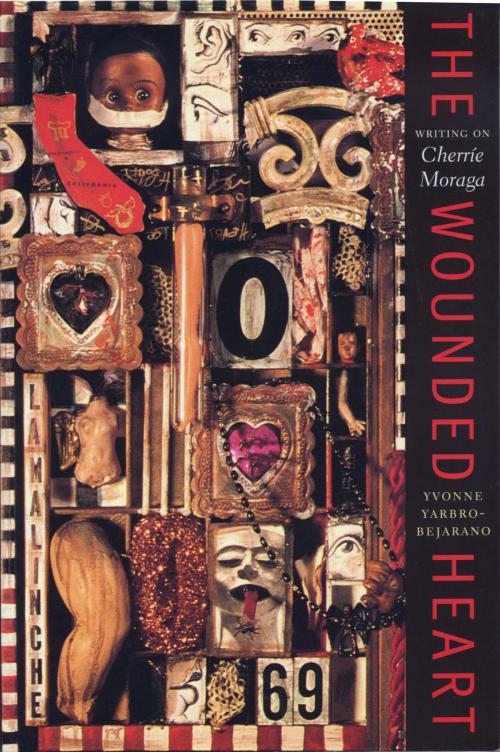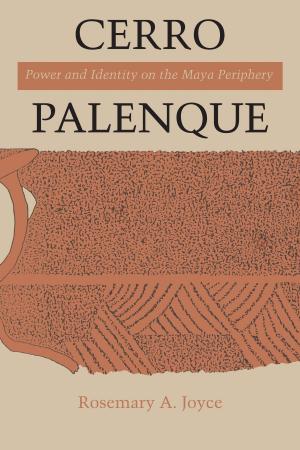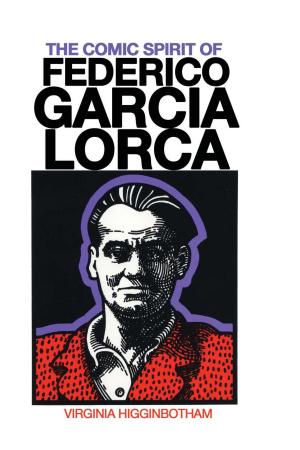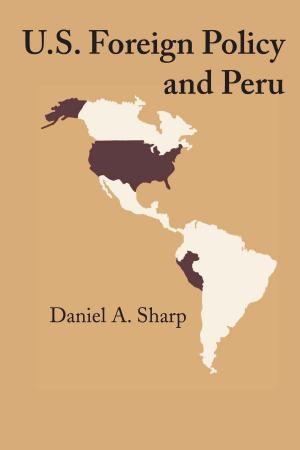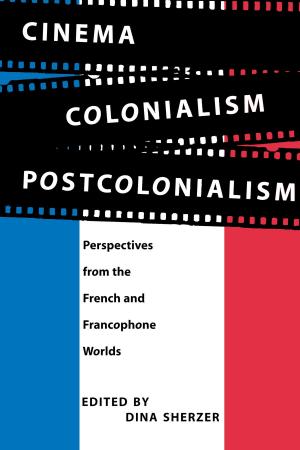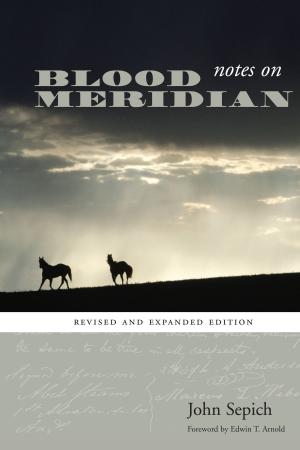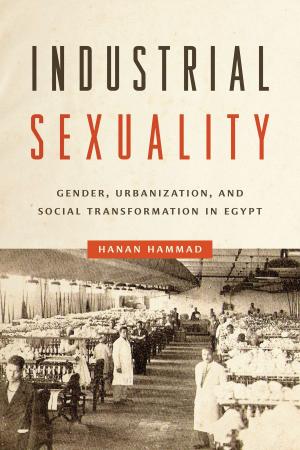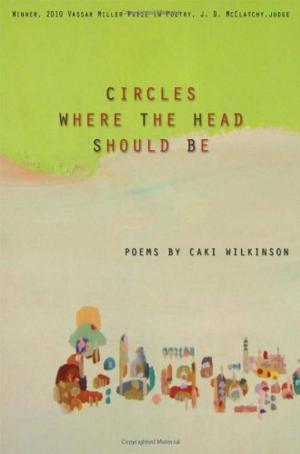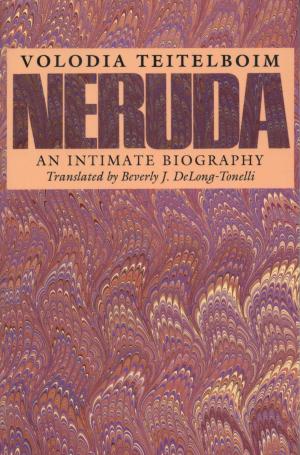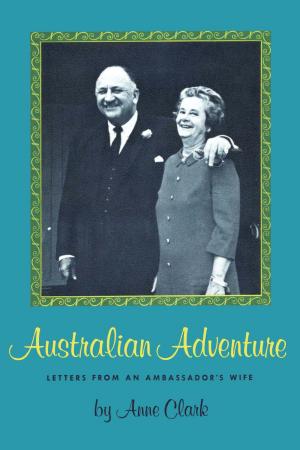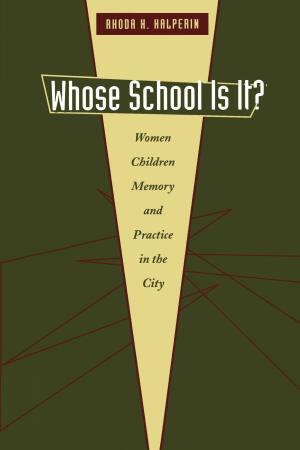The Wounded Heart
Writing on Cherríe Moraga
Fiction & Literature, Literary Theory & Criticism, Gay & Lesbian, American| Author: | Yvonne Yarbro-Bejarano | ISBN: | 9780292785496 |
| Publisher: | University of Texas Press | Publication: | May 18, 2011 |
| Imprint: | University of Texas Press | Language: | English |
| Author: | Yvonne Yarbro-Bejarano |
| ISBN: | 9780292785496 |
| Publisher: | University of Texas Press |
| Publication: | May 18, 2011 |
| Imprint: | University of Texas Press |
| Language: | English |
In her work as poet, essayist, editor, dramatist, and public intellectual, Chicana lesbian writer Cherre Moraga has been extremely influential in current debates on culture and identity as an ongoing, open-ended process. Analyzing the "in-between" spaces in Moraga's writing where race, gender, class, and sexuality intermingle, this first book-length study of Moraga's work focuses on her writing of the body and related material practices of sex, desire, and pleasure. Yvonne Yarbro-Bejarano divides the book into three sections, which analyze Moraga's writing of the body, her dramaturgy in the context of both dominant and alternative Western theatrical traditions, and her writing of identities and racialized desire. Through close textual readings of Loving in the War Years, Giving Up the Ghost, Shadow of a Man, Heroes and Saints, The Last Generation, and Waiting in the Wings, Yarbro-Bejarano contributes to the development of a language to talk about sexuality as potentially empowering, the place of desire within politics, and the intricate workings of racialized desire.
In her work as poet, essayist, editor, dramatist, and public intellectual, Chicana lesbian writer Cherre Moraga has been extremely influential in current debates on culture and identity as an ongoing, open-ended process. Analyzing the "in-between" spaces in Moraga's writing where race, gender, class, and sexuality intermingle, this first book-length study of Moraga's work focuses on her writing of the body and related material practices of sex, desire, and pleasure. Yvonne Yarbro-Bejarano divides the book into three sections, which analyze Moraga's writing of the body, her dramaturgy in the context of both dominant and alternative Western theatrical traditions, and her writing of identities and racialized desire. Through close textual readings of Loving in the War Years, Giving Up the Ghost, Shadow of a Man, Heroes and Saints, The Last Generation, and Waiting in the Wings, Yarbro-Bejarano contributes to the development of a language to talk about sexuality as potentially empowering, the place of desire within politics, and the intricate workings of racialized desire.
